Growing Witch Hazel Shrubs - How To Grow And Care For Witch Hazel
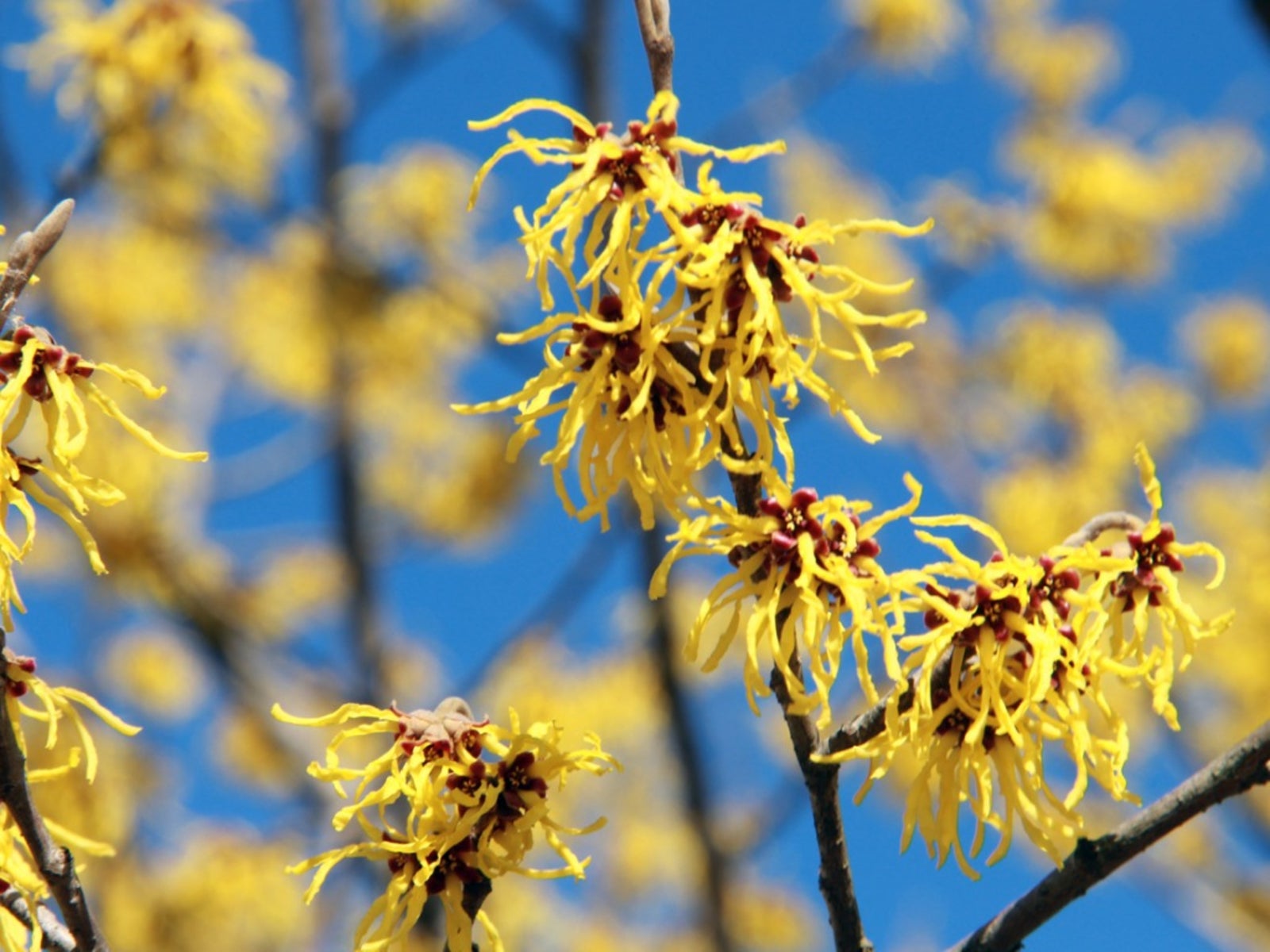
The witch hazel bush (Hamamelis virginiana) is a small tree with fragrant yellow blooms that is a member of the Hamanelidacease family and closely related to the sweet gum. Although witch hazel has many common names, the generic name means “together with fruit,” which refers to the fact that this special tree is the only tree in North America to have flowers, ripe fruit, and next year's leaf buds on its branches at the same time.
The witch hazel bush, found in woody areas, is often called water-witch as its branches were once used to search and find underground sources of water and minerals. Witch hazel is commonly used to treat insect bites, sunburn, and as a refreshing lotion for after shaving.
How to Grow Witch Hazel Shrubs
Witch hazel shrubs can reach 30 feet (9 m.) high and 15 feet (4.5 m.) wide at maturity and are often referred to as a tree due to this. The plant sets out pretty yellow flowers that are fragrant and resemble dainty ribbons in the fall.
Growing witch hazel shrubs is a favorite amongst gardeners looking for winter color and fragrance. Many people plant witch hazel in a location where they can enjoy not only its beauty but also its sweet aroma.
Witch hazel shrubs are excellent as a border, mixed hedge, or even a specimen plant if given enough room to spread. Learning how to grow witch hazel is easy since they require very little care.
Witch Hazel Growing Requirements
This attractive bush thrives in USDA planting zones 3 through 9. Witch hazel shrubs like moist soil but are adaptable. Even though they are considered an understory plant, they will thrive in part shade to full sun.
Care for witch hazel requires minimal time apart from regular water the first season and pruning only to shape as desired. Witch hazel is not bothered by any serious pests or disease and will tolerate some browsing deer.
Gardening tips, videos, info and more delivered right to your inbox!
Sign up for the Gardening Know How newsletter today and receive a free copy of our e-book "How to Grow Delicious Tomatoes".
Some homeowners, who have a lot of deer, put netting around the base of young shrubs to keep the deer from munching.
-
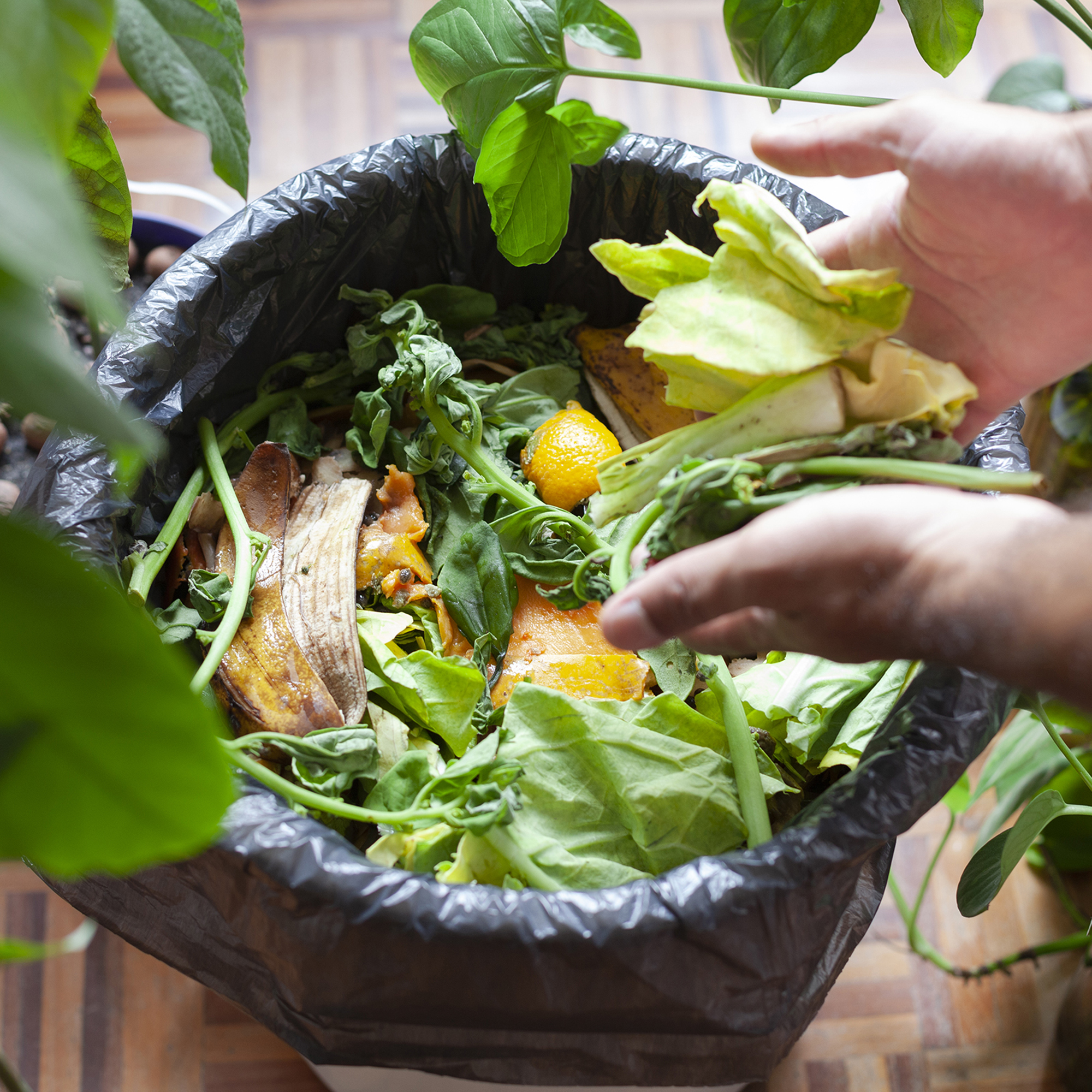 4 Superfast Composting Methods: Turn Waste Into Garden Gold In 30 Days Or Less
4 Superfast Composting Methods: Turn Waste Into Garden Gold In 30 Days Or LessTry the fastest composting methods to turbocharge your pile and transform kitchen scraps and garden waste into finished compost in just a few weeks.
By Mary Ellen Ellis
-
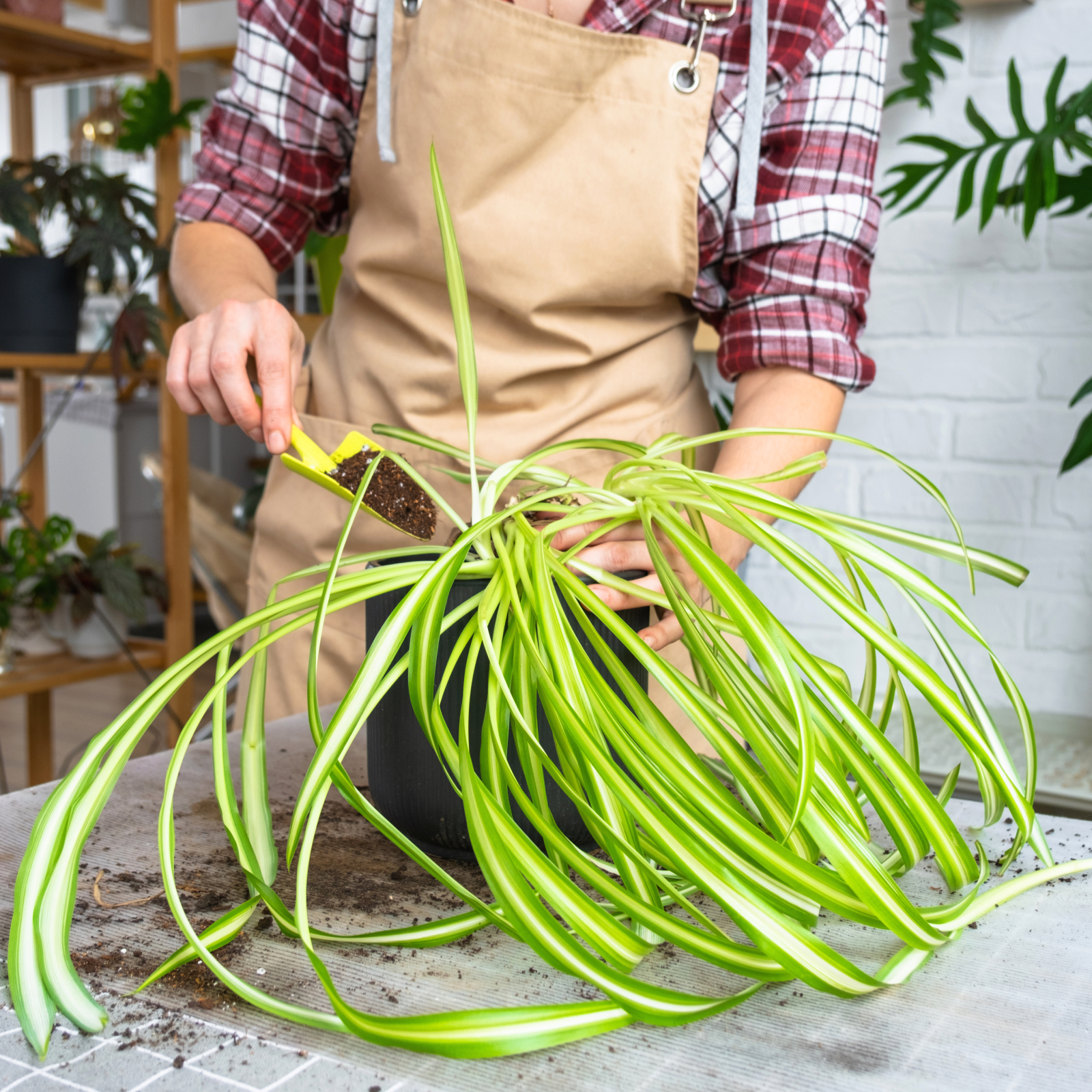 Best Spider Plant Soil – Complete Soil Guide And Expert Tips For Keeping Plants Happy
Best Spider Plant Soil – Complete Soil Guide And Expert Tips For Keeping Plants HappySpider plants are fun and easy plants to grow, but what is the best soil for a spider plant? Selecting the right soil is important so they can thrive.
By Bonnie L. Grant
-
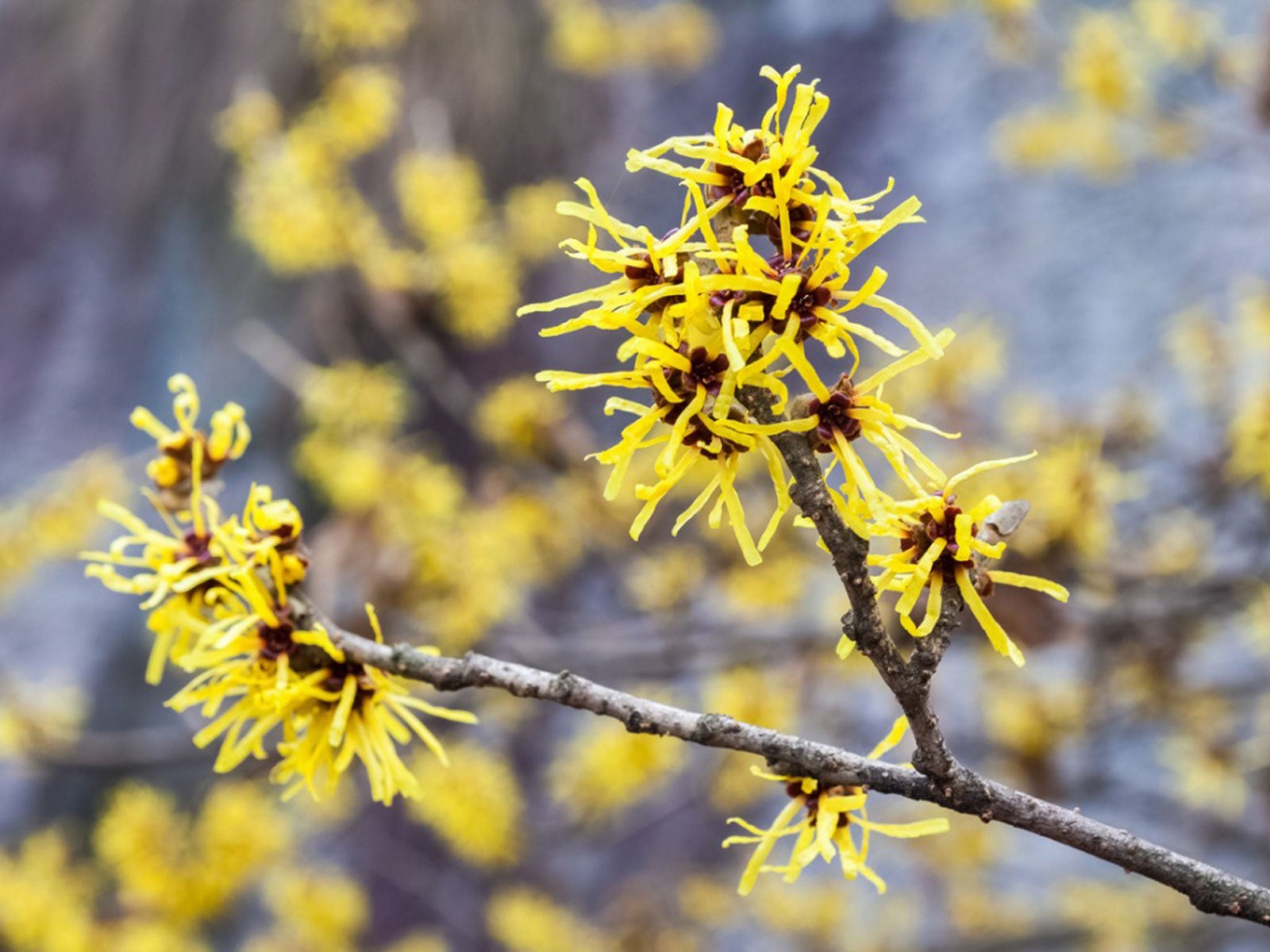 Chinese Witch Hazel Plant – How To Grow Chinese Witch Hazel
Chinese Witch Hazel Plant – How To Grow Chinese Witch HazelChinese witch hazel shrubs offer an attractive option for bright color. Click this article to find out more about them.
By Tonya Barnett
-
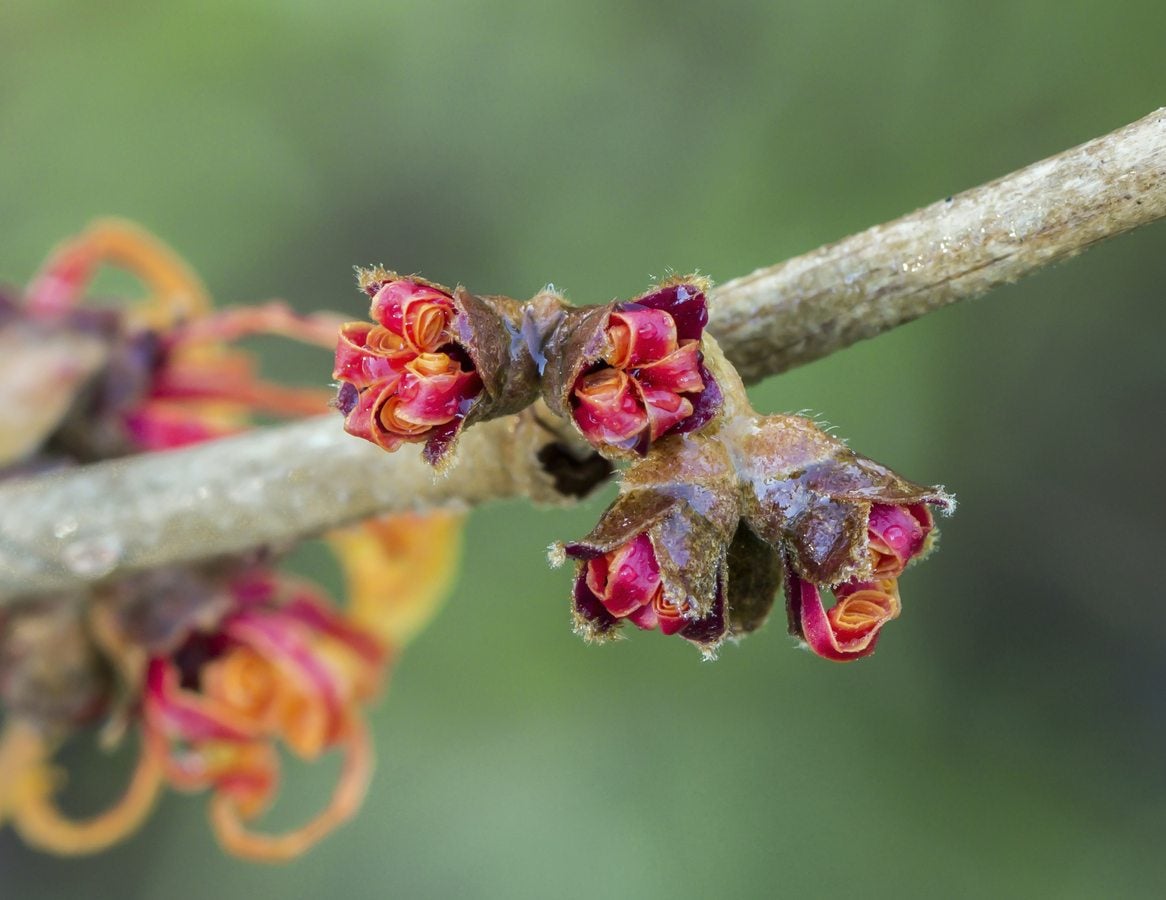 Jelena Witch Hazel Information: How To Grow Jelena Witch Hazel
Jelena Witch Hazel Information: How To Grow Jelena Witch HazelIf you have Jelena witch hazel plants in your backyard, your winter landscape will blaze with their rich coppery-orange blossoms. And that sweet fragrance is delightful. Growing Jelena witch hazel brings an unusual plant into your garden. Learn more here.
By Teo Spengler
-
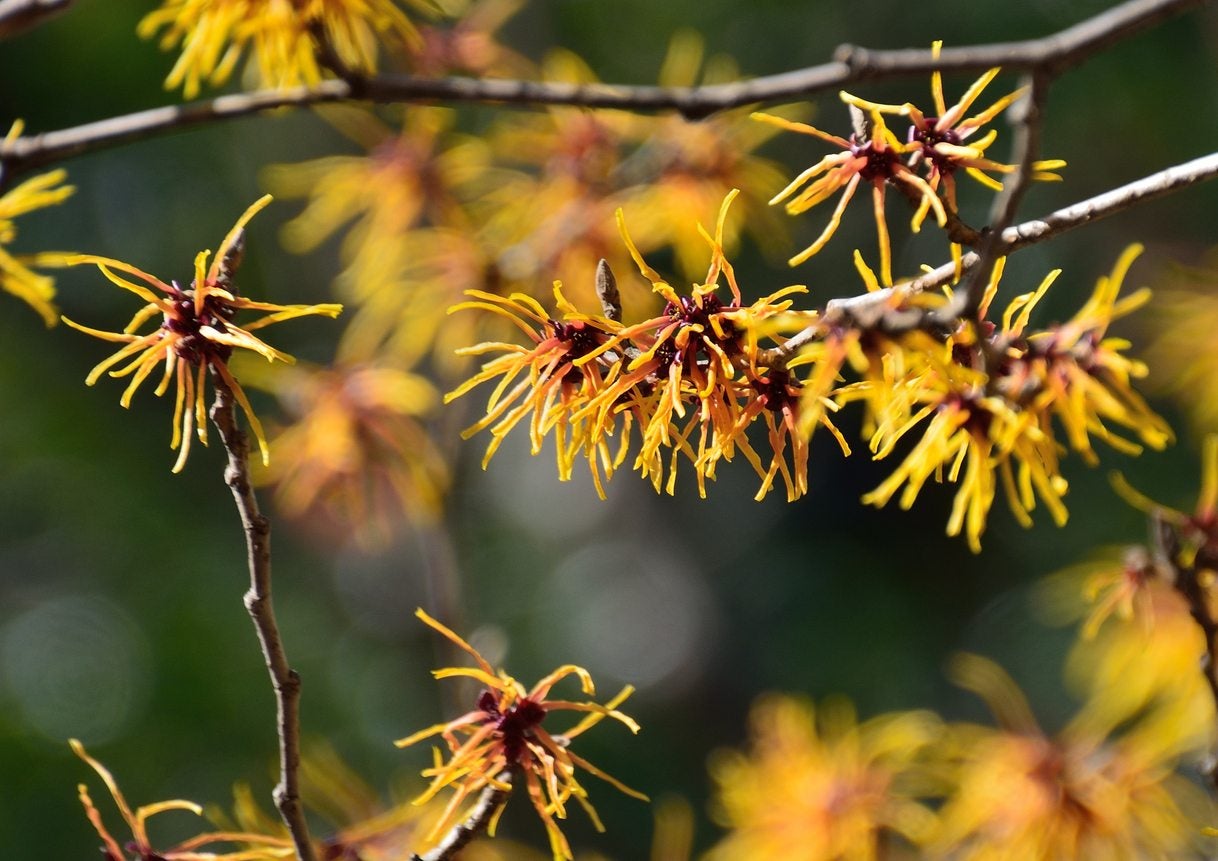 Pruning Witch Hazel: Does Witch Hazel Need To Be Pruned
Pruning Witch Hazel: Does Witch Hazel Need To Be PrunedDoes witch hazel need to be pruned? It does. For best results, you'll need to start pruning witch hazel on a regular basis. If you have questions on when or how to prune witch hazel, then we have answers. Click this article for information on witch hazel pruning.
By Teo Spengler